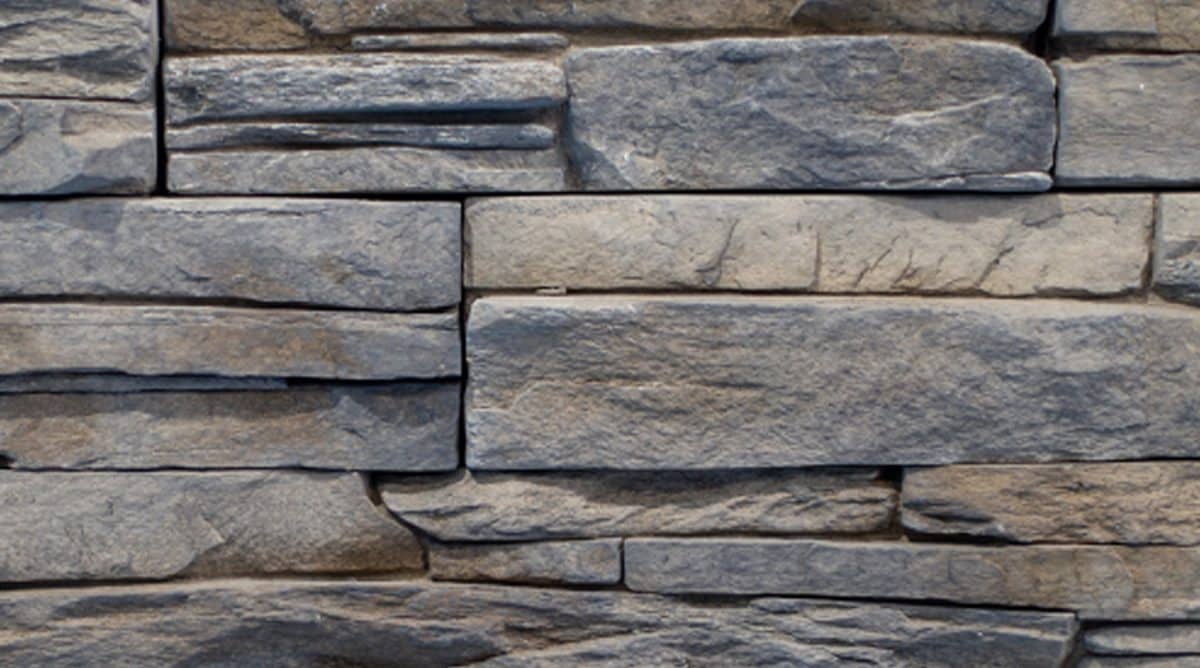
Manufactured stone veneer (MSV) has long since proven itself to be a go-to building material across residential and commercial interiors and exteriors, sought after for its looks, durability, and installation efficiencies. Yet some misconceptions still proliferate among those either unfamiliar with the material or new to the industry.
Here’s a look at some of the myths we hear most often — and what truths you need to know.
Myth #1: Manufactured stone is “not real” or “fake”
While manufactured stone veneer is not straight-from-the-ground natural, it is a genuine material crafted from concrete. Concrete has been relied upon as far back as Roman times and is often uncovered from ancient civilizations.
Every MSV master, which are created to make stone veneer molds, starts with natural stone. Advances in mold technology and a commitment to authenticity ensures today’s products replicate natural materials down to the smallest detail. What’s more, they do so without having to worry about culling waste due to flaws and inconsistencies that can occur in natural stone.
Myth #2: Manufactured stone is fragile
Manufactured stone veneer may be thin, but it is not fragile. MSV products undergo testing for compliance with ASTM and CSA standards to ensure quality and performance. Many products also are rated for resistance to fire, wind, and sound.
Myth #3: MSV takes away wall share
Manufactured stone delivers a number of benefits over natural stone that help increase versatility for pros and homeowners alike. Most notably, manufactured stone is lighter in weight, allowing for its use in areas where stone or brick may not otherwise be possible. MSV also provides flexibility for installers and designers: If there is an issue with a product, simply reach out to the manufacturer for expertise or a replacement. With natural stone, there’s not much to be done.
Myth #4: Manufactured stone is a DIY product
While manufactured stone is easier to install than natural stone, it still requires a skilled craftsman in most applications. Most MSV installers have undergone training and follow ASTM guidelines. CMHA also offers a Certified Installer program to increase expertise as well as efficiency.
Certainly, MSV is a great option for enhancing a kitchen backsplash or refreshing a fireplace surround. But it also is a go-to, high-performance material for many of the commercial and multifamily projects you see every day, and is part of the design spec for a number of restaurants and hospitality chains.
Myth #5: Manufactured stone causes water damage
Manufactured stone veneer is just like any other cladding product: It’s one component in a building envelope that depends on a systems approach to protect against water infiltration. The wall system must be properly designed and detailed behind the veneer, according to manufacturer specifications, including a weather barrier and proper flashing to allow moisture to escape.
In addition, some manufactured stone veneer materials have water repellency in their formulations to slow the spread of bulk water, something natural stone doesn’t have. MSV systems can also be designed with drainage planes to manage moisture.
Myth #6: Manufactured stone is hard to maintain
One of the benefits of manufactured stone veneer is that it requires very little maintenance. If cleaning is needed, simply wash it with a soft brush and an appropriate cleaner recommended by the manufacturer. Cleaning frequency is no more than you would see with natural stone or brick.
Manufactured stone veneer delivers the best of both worlds: The look of natural materials with the installation flexibility, versatility, and efficiency of a veneer. Have questions or want to learn more? Reach out to us here.